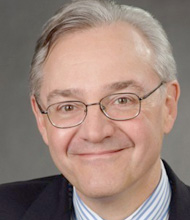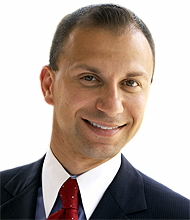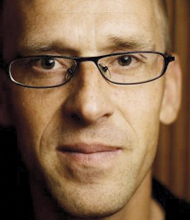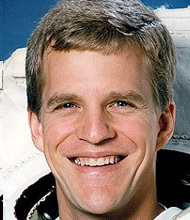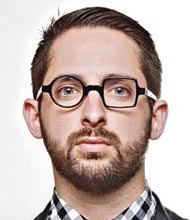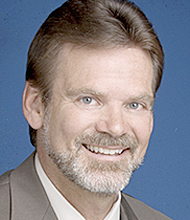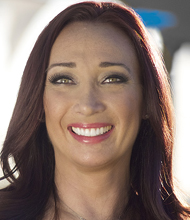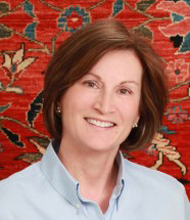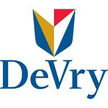| TRAVELS FROM |
|
SPEAKING FEE RANGE ** Please note that while this speaker’s specific speaking fee falls within the range posted above (for Continental U.S. based events), fees are subject to change. For current fee information or international event fees (which are generally 50-75% more than U.S based event fees), please contact us. $15,000 to $20,000 |
|
BOOK E.J. DIONNE speakers@coreagency.com |
| TRAVELS FROM |
|
SPEAKING FEE RANGE* $15,000 to $20,000 |
|
Book E.J. Dionne speakers@coreagency.com |
- Washington Post syndicated columnist and frequent commentator on NPR, ABC, and MSNBC.
- Award-winning author of six books, including Why the Right Went Wrong: Conservatism – From Goldwater to the Tea Party and Beyond (2016) and the iconic Why Americans Hate Politics (1991).
- Dionne uses self-deprecating humor and a talent for storytelling to entertain as he illuminates a path forward toward better civic engagement in American life.
E.J. Dionne is one of America’s most insightful commentators on contemporary politics. Skilled at situating today’s political issues in a broader historical context, Dionne offers readers of his Washington Post syndicated column an enlightened take on the national political arena twice a week. He also posts regularly to the Post’s PostPartisan blog.
A scholar as well as a journalist, Dionne is a senior fellow in Governance Studies at the Brookings Institution and teaches government at Georgetown University. His pithy commentary is a frequent feature of political programming on National Public Radio, ABC’s “This Week,” and MSNBC.
Dionne’s most recent book, Why the Right Went Wrong: Conservatism – From Goldwater to the Tea Party and Beyond (2016), analyzes trends in the GOP that he views as developing a regimented ideology with dire implications for the future of the party. His other works include Our Divided Political Heart: The Battle for the American Idea in an Age of Discontent (2012), Souled Out: Reclaiming Faith & Politics After the Religious Right (2008), Stand Up Fight Back: Republican Toughs, Democratic Wimps, and the Politics of Revenge (2004), They Only Dead: Why Progressives Will Dominate the Next Political Era (1996), and the iconic Why Americans Hate Politics (1991). Admired by academics and mainstream reviewers alike, Why Americans Hate Politics was awarded the Los Angeles Times Book Prize and received a National Book Award nomination.
Prior to joining the Washington Post in 1990 as a political reporter, Dionne served 14 years on the staff of the New York Times, where he reported on politics based in locations from Albany and Washington to Paris, Rome, and Beirut. A native of Fall River, Massachusetts, Dionne is a graduate of Harvard College and was a Rhodes Scholar at Balliol College, Oxford.
E.J. Dionne uses self-deprecating wit and the talent of an inveterate storyteller to skillfully dissect key trends in contemporary politics. Exposing the most critical issues confronting policymakers and the broader public alike, Dionne seeks to provide insight in service of answers. Not content merely to criticize, Dionne’s approach offers useful frameworks for understanding how we got to now – and where we might want to go in the future.
Dionne is a deeply engaged observer of contemporary civic engagement, and he points audiences toward both informed diagnoses and practical treatments for the concerns he identifies. Dionne offers tools for successfully grappling with questions of civic duty, religion in politics, and the fractiousness that creates damaging divisions in American life.
While avowedly liberal in his own political orientation, Dionne’s chief concern is not with party politics, but with promoting the small-l “liberal” ideals that he believes form the foundation of American civil society. Audiences come away with unique insight into how liberal ideals might continue to underpin America’s future.
Suggested Speaking Topics:
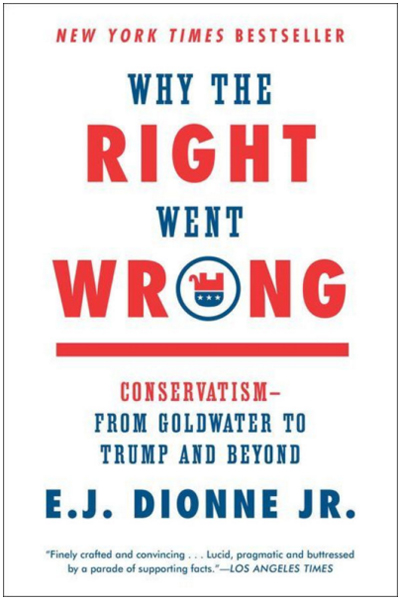
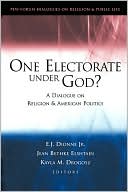 One Electorate under God?: A Dialogue on Religion and American Politics / Edition 1
One Electorate under God?: A Dialogue on Religion and American Politics / Edition 1
The United States has been described as a nation with the soul of a church. Religion is discussed more explicitly and more urgently in American politics than in the public debates of any other wealthy democracy. It is certain to play an important role in the elections of 2004. Yet debates over religion and politics are often narrow and highly partisan, although the questions at hand demand a broader and more civil discussion. One Electorate under God? widens the dialogue by bringing together in one volume some of the most influential voices in American intellectual and political life.
This book draws on a public debate between former New York governor Mario Cuomo and Indiana congressman Mark Souder, who discuss how their respective faith convictions have been both shaped by and reflected in their careers as public servants.
This discussion, in turn, prompted commentary by a diverse group of scholars, politicians, journalists, and religious leaders who are engaged simultaneously in the religious and policy realms. Each contributor offers insights on how political leaders and religious convictions shape our politics.
One Electorate under God? arises from the idea that public deliberation is more honestand more democratic when officials are open and reflective about the interactions between their religious convictions and their commitments in the secular realm. This volume, the first of its kind, seeks to promote a greater understanding of American thinking about faith and public office in a pluralistic society.
Order Here
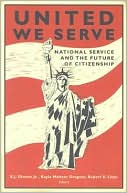 United We Serve: National Service and the Future of Citizenship
United We Serve: National Service and the Future of Citizenship
Public rhetoric in the United States has always laid heavy stress on the obligations of citizenship. Bill Clinton praised the idea of service, and so does George W. Bush. Since September 11, the debate over service and the obligations of citizenship has become even more urgent.
United We Serve gathers many diverse voices on civic life and civic obligation to explore the idea of national service as it relates to citizenship. Activists and practitioners discuss the rise of the service movement, its practical successes, and its challenges. Policymakers and political leaders explore the links between service and problem solving. Political scientists and philosophers connect the service debate to larger concerns about democratic participation.
The book also includes a lively debate over whether the U.S. should reconsider compulsory national service. The discussion about service is a debate over how Americans think of themselves and their nation and about what the new patriotism means.
Order Here

 VIDEO
VIDEO PROGRAMS
PROGRAMS BOOKS
BOOKS